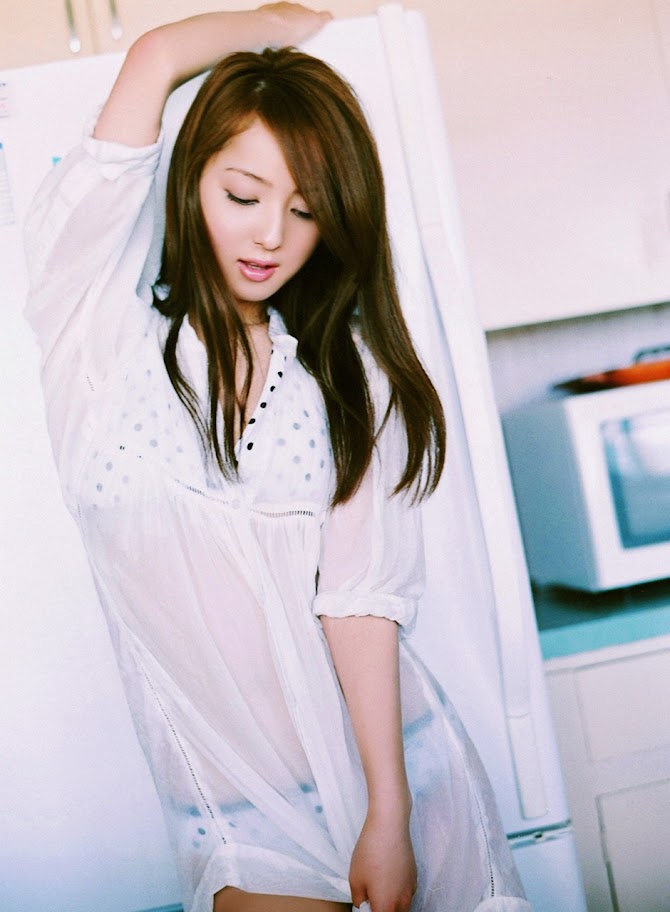Barbie has perpetuated an unattainable standard of beauty for 50 years
Barbie revolutionized the toy industry. You can give her props for that. And you can't fault a woman for looking so good 50 years later. Getting this far with no sagging, bulging or graying is a monumental achievement, and she deserves a trophy. But forgive me if I'm not in the mood to celebrate.The problem is Barbie helped perpetuate a standard of beauty that's almost impossible for a woman to attain. Even Stacey Handler, the granddaughter of the doll's creator, has had to deal with the constant pressure. In a 2000 article, she described her struggle with being overweight and trying to live up to her grandmother's standard. "Barbie has been like a flawless sister," she said. She "has this perfect image and there were times when I felt that I was in the shadow of the ideal."
And what of little girls all over America who are constantly bombarded with Hollywood and magazine images that say they're less than beautiful the way they are? Do you think it's a coincidence plastic surgeries have soared and eating disorders have increased? It's not all Barbie's fault, or course. But she has helped fuel the beauty industry.
Such a standard can be particularly damaging to children from non-European ethnic backgrounds whose features differ from the Western mainstream. Black girls are particularly vulnerable because not only can body image be affected, but also their feelings about hair and facial features.
My two daughters, thank God, told me recently they don't like Barbie anyway because the only thing they can do with her is dress her up. They prefer American Girl dolls that are 18 inches tall, closer to real life, come with an interesting historical story and, according to one of my daughters, are "flat-chested" and don't make little girls feel they have to have big boobs to be beautiful. (She said it, not me.) My girls also like the company's Just Like You dolls that they can dress to wear what they're wearing.
So Happy Birthday, Barbie, but don't send us an invitation to the party. We're too busy learning to love who we are.
With her tiny figure and controversial accessories, do you think Barbie is a poor role model for girls? Should parents stop buying the doll? Sound off!
